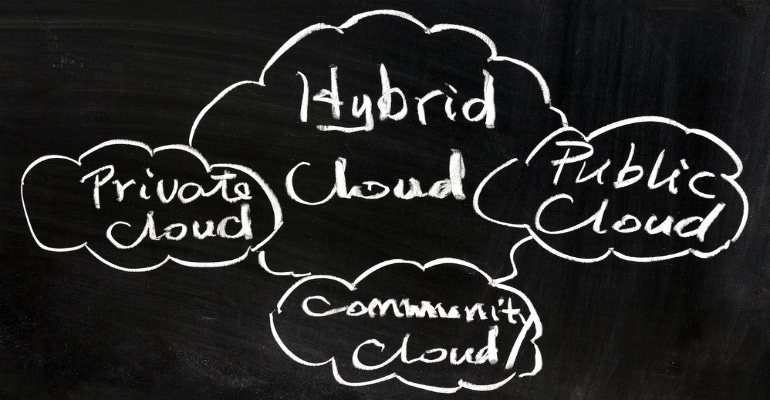Microsoft programs are changing. Herein, a Channel Futures Think member outlines your options.
July 5, 2018

By Ryan Walsh
Microsoft is making changes. In addition to reorgs, it’s also making programmatic changes.
By now, you’ve likely heard the news that Microsoft is going to start requiring its CSP Program direct partners to either meet a detailed list of new support requirements or pay for support programs that cost $15,000 or more per year. Luckily, this isn’t your only option.
It’s clear that Office 365 and Azure services have become staples for managed service providers (MSPs) across the board. Most modern offices simply can’t run without the cloud productivity and infrastructure tools Microsoft has become known for.
For most MSPs, offering Office 365 services is mandatory; clients demand them. But offering these services is becoming a bit more complex with these new rules that go into effect on Aug. 31, 2018. Here’s your guide to help you understand your CSP Program options:
Going Direct
Being a direct reseller of Microsoft cloud services comes with lofty margins — some as high as 20 percent. That said, direct partners are required to manage all billing and implementation, as well as provide 24/7 support.
Under the new requirements that go into effect on Aug. 31, direct partners must now also meet these requirements:
Provide at least one managed service, IP service or customer solution application.
Enable billing and provisioning infrastructure.
In addition, direct partners are required to purchase one of two support packages:
Microsoft Advanced Support: A break/fix plan that runs $15,000 per year.
Microsoft Premier Support: A comprehensive plan that runs $50,000 per year.
For many MSPs, these costs will be too high to justify maintaining a direct relationship with Microsoft for cloud services. To continue to offer these services without having to meet the stringent requirements or pay the hefty support fees, partners can instead opt for an indirect relationship with a cloud distributor.
The Indirect Option
An indirect Microsoft cloud-services distribution relationship enables you to capture healthy margins without the hassle of paying high support fees. When looking for a distribution partner for Microsoft cloud-services delivery, make sure you get:
24/7 support.
A complete quote-to-cash management platform to simplify billing and provisioning.
A team to support you every step of the way.
If neither of these options appeals to you, you still have another choice.
The Hybrid Approach
Instead of choosing either an all-direct or all-indirect relationship with Microsoft, you can opt for a hybrid approach. If your volume is big enough to justify keeping some services direct, you can certainly do that while delivering other Microsoft cloud services through a cloud distributor. The choice is yours.
Delivering Microsoft cloud services is easy when you partner with a distributor. Find the right partner to help you find success selling cloud services to your customers.
Ryan Walsh is the chief channel officer at Pax8. Previously, he served as vice president of product management for MX Logic, a cloud-based email and web security company that was acquired by McAfee in 2009. Ryan has dedicated his career to enabling business improvements with internet or IT-based solutions and startups. He started his career building a re-engineering practice at Deloitte & Touche in the consulting division. Walsh also is a member of The Channel Futures Think Tank.
You May Also Like
